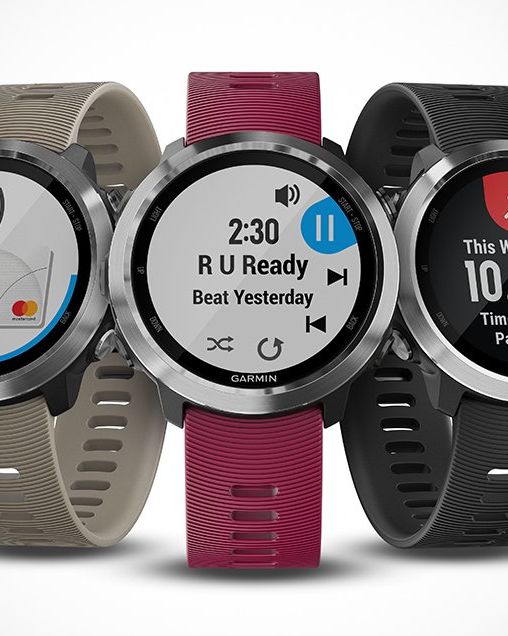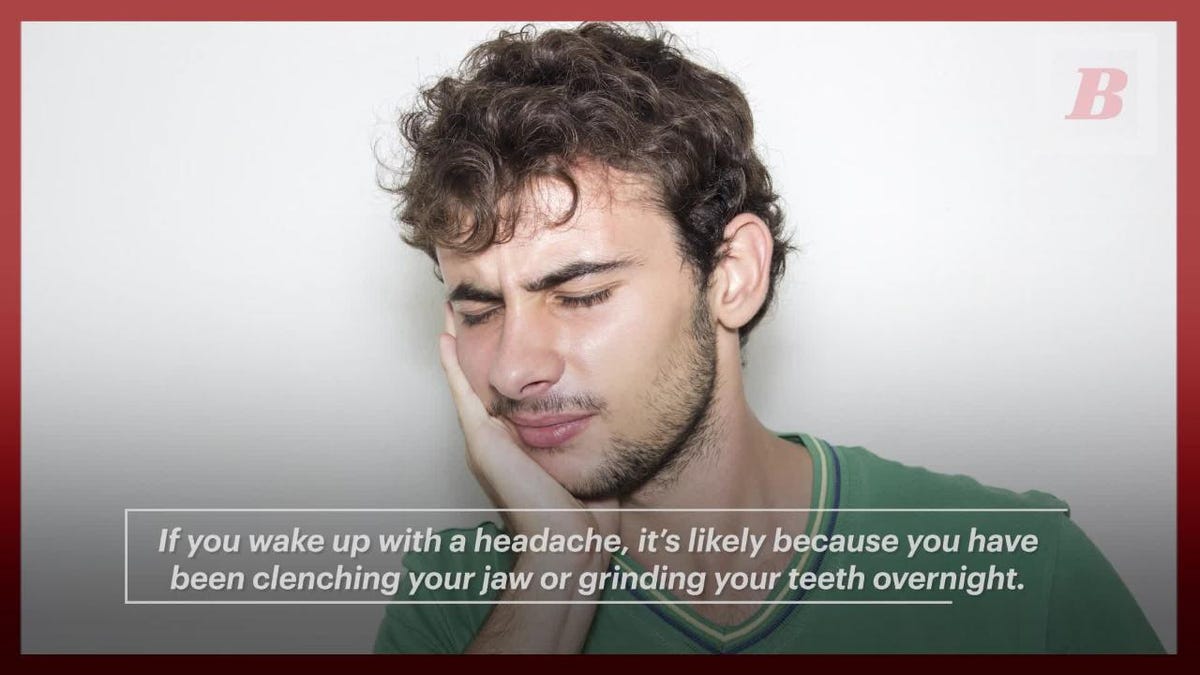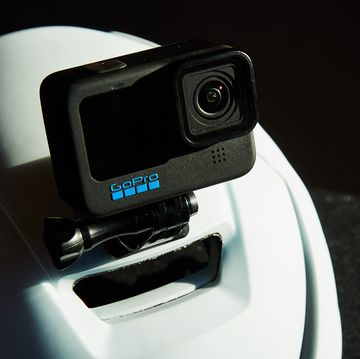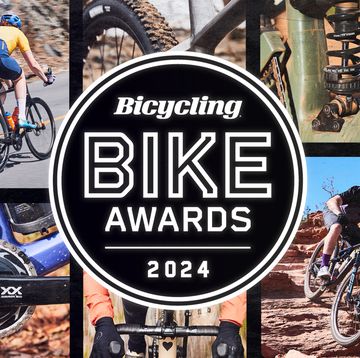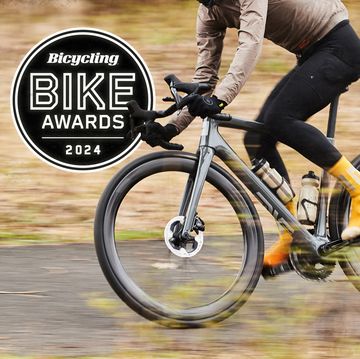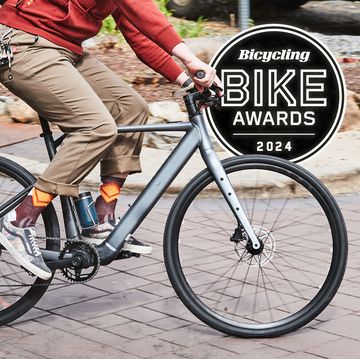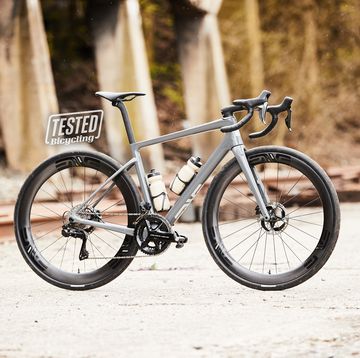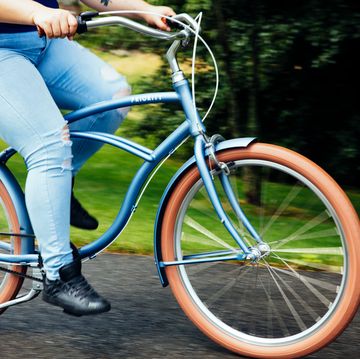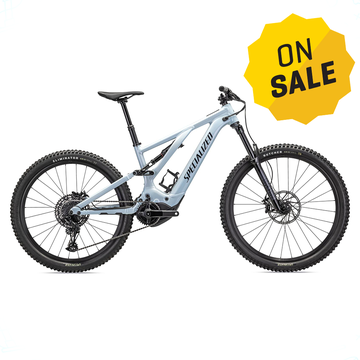Wearables have come a long way. It seems like almost any piece of technology you can strap around your wrist or put in your pocket counts your distance traveled and calories burned. But exercise and calorie consumption are just a scratch in the surface of total health and wellness—and to be healthy and well, you need to know what’s going on with your body. All of it. These wearables do more than your last, and show you what’s coming next for your health.
RELATED: Put the Apple Watch Series 3 at the Top of Your Want List
Nokia Sleep
Sleep is important. It allows your body to reset and recover. If you aren’t getting good sleep, you’re not going to have good workouts and you're not going to have good days at work (all things which should always be good). That’s why Nokia Health is shifting the wearable focus from encouraging you to work hard to resting well. Nokia Sleep is a sensor that slides under your mattress and syncs to the Nokia Health Mate app to collect data on your heart rate, breathing rate, REM cycles, restlessness, and other components to give you a nightly “sleep score.” Nokia Sleep and the Health Mate app pair up with Amazon Alexa so your devices can make the lights dim to just how you want them, and lower the thermostat to the perfect temperature so you can get some solid sleep. Spoiler alert: Snoring (yes, it even monitors snoring patterns) lowers your sleep score.
6 reasons you're still tired:
Garmin Forerunner 645 Music
GPS watches aren’t new, but this GPS watch’s capability to play any of your playlists any time, anywhere, is. The Forerunner 645 Music allows users to listen to offline music—a feature frustratingly missing in past models. The watch can pair with any of your favorite Bluetooth headphones and store hours worth of tunes while giving you the best in the biz when it comes to distance tracking, GPS, and workout stats. Plus, the 645 Music model is equipped with Garmin Pay—so you don’t need to worry about having your wallet on you for that post-workout smoothie (which are extra delicious when made with our organic vanilla protein powder).
RELATED: 6 of Our Favorite GPS Cycling Computers
Halo Neuroscience Sport
Halo Neuroscience is a company bringing “mental” toughness to athletes with a headset. The Golden State Warriors, San Francisco Giants, US Ski Team, US Navy Seals have used Halo to train more efficiently, but now the company is bringing the tech to the public. The headset works by sending electrical signals into the brain’s motor cortex, which is the part of the brain responsible for movement in the body. For endurance athletes, strengthening the motor cortex has a significant impact in delaying central fatigue, which is fatigue initiated by the brain. “At Halo we play a role in this because we help people learn movement faster,” Halo Neuroscience CEO Dr. Daniel Chao says. “If you are prescribed a certain set of exercises to correct a movement to avoid injury or you need to learn movement for athletic technique, neural training allows you to move through your movements with higher success rates, faster. Normally, it takes thousands of repetitions to become proficient and competitive but we’re human and we only have a certain amount of repetitions that we’re capable of. We make those reps more efficient.” Fewer reps, better results? We’re in.
Philips SmartSleep
Philips brought a lot to the CES table this year (tablets, TVs, appliances!) but we’re most excited that it's created a wearable that aims to improve your sleep. The SmartSleep headband connects to a mobile app that responds in real time to your sleep patterns. The headband is ideal for users who skimp on sleep because of lifestyle (we’re looking at you, late nights and stress). In a release, Philips said its SmartSleep headband technology “boosts slow wave brain activity to enhance the time a person spends in deep sleep.” Two sensors in the fabric headband detect when you fall into deep sleep and responds with sounds to help improve your sleep quality and keep it there. The technology, Philips says, “is proven to help users increase energy and alertness, while reducing daytime sleepiness and improving sleep quality.” We can get behind that.
RELATED: Improve Your Slumber With These 5 High-Tech Sleep Trackers
The article 4 Wearables We're Super Stoked About at CES 2018 originally appeared on Men’s Health.
